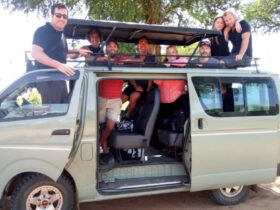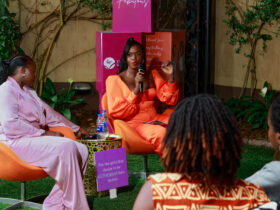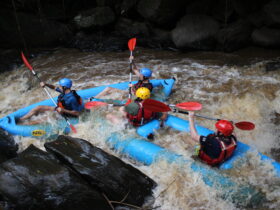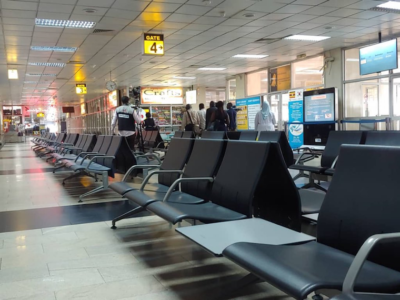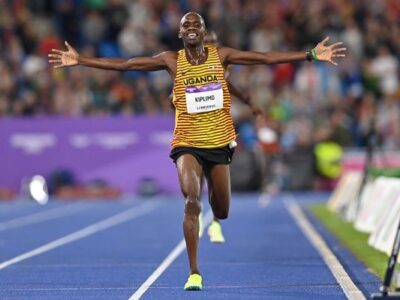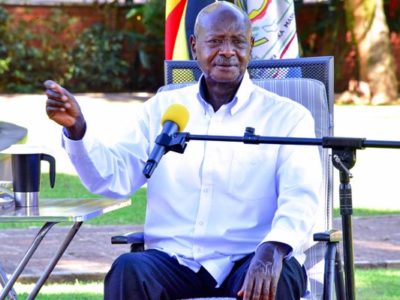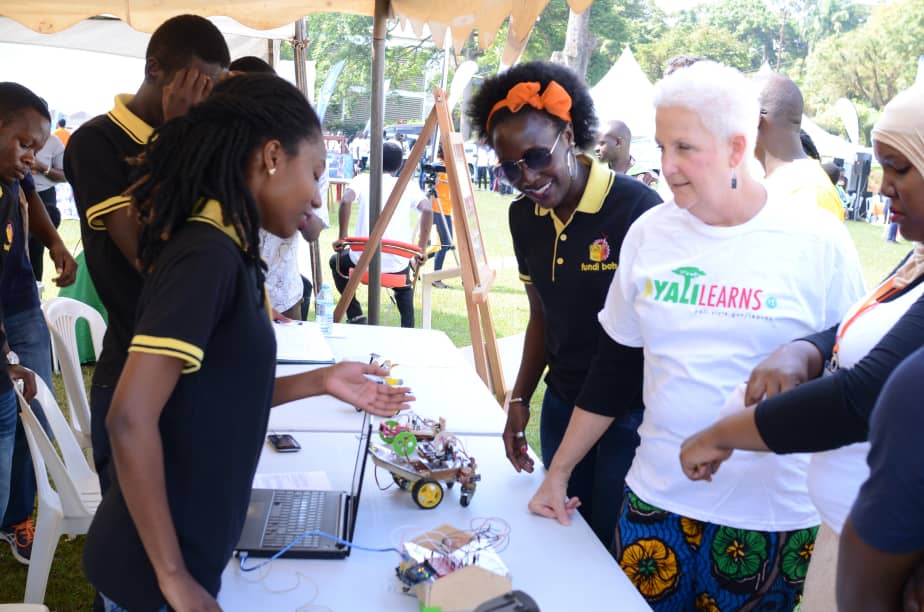
Young refugees living in Uganda have asked the government to give them more support and opportunities in order to be able to exploit their potentials fully while in Uganda.
This was during the Annual National Youth Festival 2018, an all-day event and that was held at Makerere University Freedom Square on the 11th of August, 2018 under the theme, “Let young women lead”.
This festival was organized by Open Space Center and several partners, youth projects and donor agencies, including; National Endowment for Democracy (NED) , Uganda Youth Network (UYONET) , FemmeForte, Democratic Governance Facility (DGF) , ActionAid, Reach A Hand Uganda, Reproductive Health Uganda (RHU), Social Innovation Academy, Tenge, Uganda Registration Services Bureau (URSB), Uganda Revenue Authority (URA) , Centre for Policy Analysis (CIPA) , SheDecides, PHAU, UgaBus, Segal, eannaso, HerVoice, NBS,RightHere RightHow, FOWODE, Women Deliver, GirlsNotBrides, Urban TV, Kafeero Foundation, Isis-Wicce , Oxfam, Plan for Hope Initiative , InterAid Uganda, Pearl FM and many more.
Several other sub-themes were designed to fit the interests and demands of the youths as they celebrated their existence and relevance in their spaces to achieve the Sustainable Development Goals (No poverty, Zero Hunger, Good Health and wellbeing, Quality Education, Gender Equality, Clean water and sanitation, Affordable and clean Energy and Decent work and Economic Growth.
Under the theme of ,”The plight of female refugees in Urban areas” , youths shared their experiences as refugees living in Uganda and above all, appreciated the warmth and hospitality that they have received in their second country, Uganda and the general support they have been given by the relevant authorities whose care they are under.
However, they appealed to the government of Uganda to provide the refugees with more opportunities to be able to exploit their potentials fully while in Uganda.
Organizations like Isis-Wicce, CERID and InterAid Uganda also took participants through their roles they play in ensuring safety of the refugees under their custody and how they work with different authorities in the urban areas like KCCA , Office of the Prime Minister and UNHCR to make sure the refugees in these urban centers have access to medical services, education, access to clean water, self-help skills trainings to be able to earn a living, not only waiting to be given ‘handouts’ to survive.
These organizations have also gone ahead to equip refugees in urban centers with knowledge of different languages and the basic subjects in schools so that they can easily adapt to the environment of the places they settle in and also reduces the challenge of lack of social networks and language barrier in schools in which they are enrolled. Refugees in these urban centres also have access to legal aid and pyscho-social support through fulltime counselling sessions with efforts to help them reconstruct life, as they were in their home countries.
Under the taxation policy discussion, the youths expressed dissatisfaction on the discriminatory social media and mobile tax since they earn so little yet costs of living have tremendously gone up, some have businesses that they have been running on social media sites but are now going through extra charges because of the tax, while others are unemployed but trying to live within their meagre means to survive. They appealed to the leaders to revise such policies that might in the long run become a hindrance to economic development in Uganda.
Reproductive Health Uganda, Reach a Hand ,SheDecides, FemmeForte and Uganda Youth &Adolescents Health Forum discussed with the youths about their body rights, and how they can manage their sexual and reproductive rights and the need for one to go for an HIV Test regularly.
All people – men, women, people living with HIV, persons with disabilities and people from different cultures , beliefs and religions are equal and have the right to not be treated unfairly and have the right to access sexual Reproductive Health Services. Men and women have the same rights to protect their sexual reproductive health rights whether they are married or not and in a relationship, neither partner has the right to force the other partner to do anything that they are uncomfortable doing, or that might put their health at risk. Both partners have the right to say no to engage in sexual activity and to decide on a preferred family planning or safer sex method.
Youths were also encouraged to abstain, desist from accepting payments of favors in exchange for sex and engaging in sexual activities with a partners whose HIV status is not known for this puts one’s life at risk.
There was also a discussion on the long ignored vice of Child Marriage. According to a study by the Global Partnership to End Child Marriage, Over 12million girls are married every year before they reach 18 years of age , 1 in 5 girls globally are married before 18 and 1 in 8 girls in least developed countries are married before 15years of age. Child marriage directly hinders progress on 8 of the 16 sustainable Development Goals and also robs girls of every opportunity to thrive, a human rights violation, child marriage denies girls their health, education and the choice of when and whom to marry.
Youths were called upon to be vigilant in their communities to fight child marriages to enable the girl child to keep in school and also for the girl to remain a girl, not a bride.
Breaking barriers and putting an end to stereotypes of gender inequality, Girls with Tools, an NGO whose objective is to socially and economically empower vulnerable and adolescent girls and Uganda women through models of skills development in order to increase their employability and earning potential showcased some of their works and encouraged youths, especially females to participate in all careers, even those that society looks at as ‘male dominated’.
As the event came to an end, youths from around Kampala who were present, students from universities, secondary and primary schools enjoyed different kinds of entertainment, – music, dance and drama celebrating youthfulness with energy and charisma raising their voices, and demanding for their inclusion in meaningful participation in leadership and decision making processes.
Happy International Youth Day!


